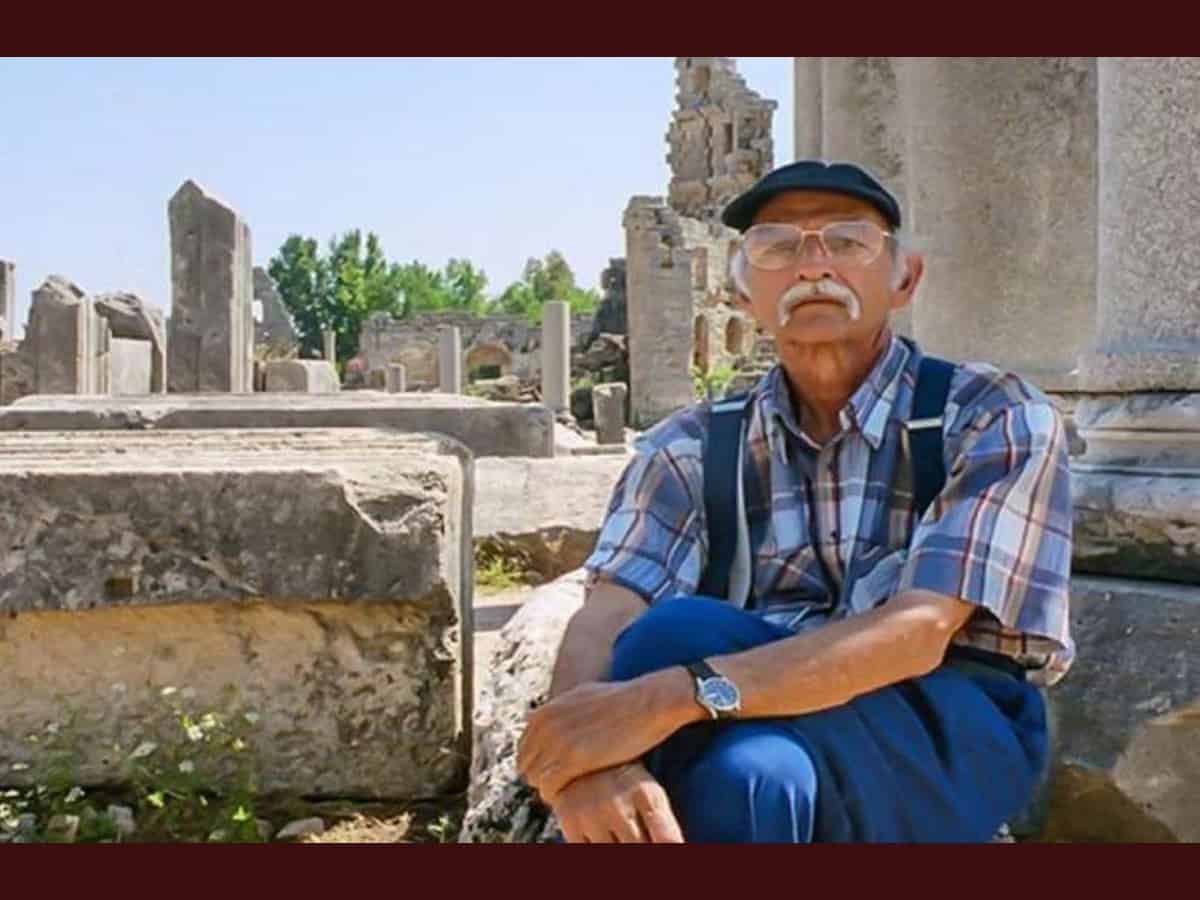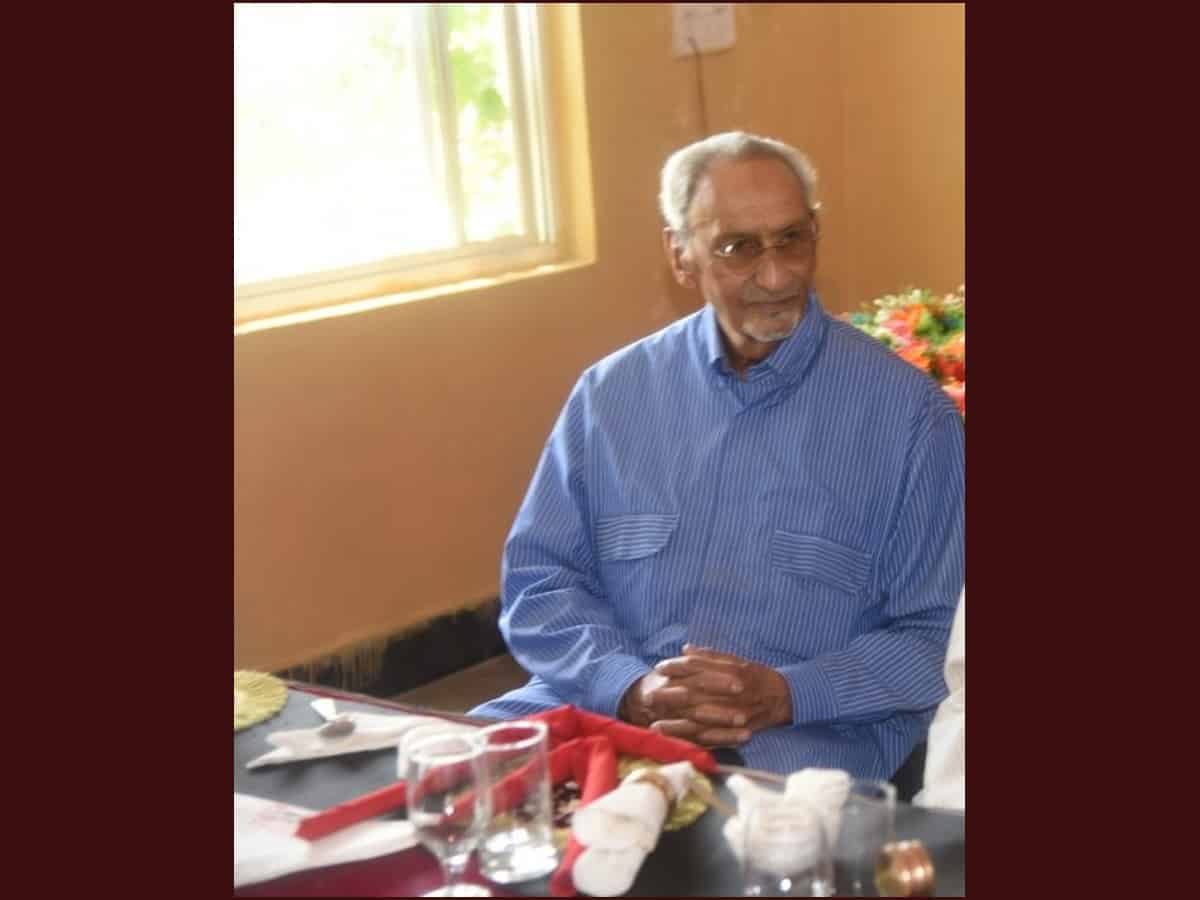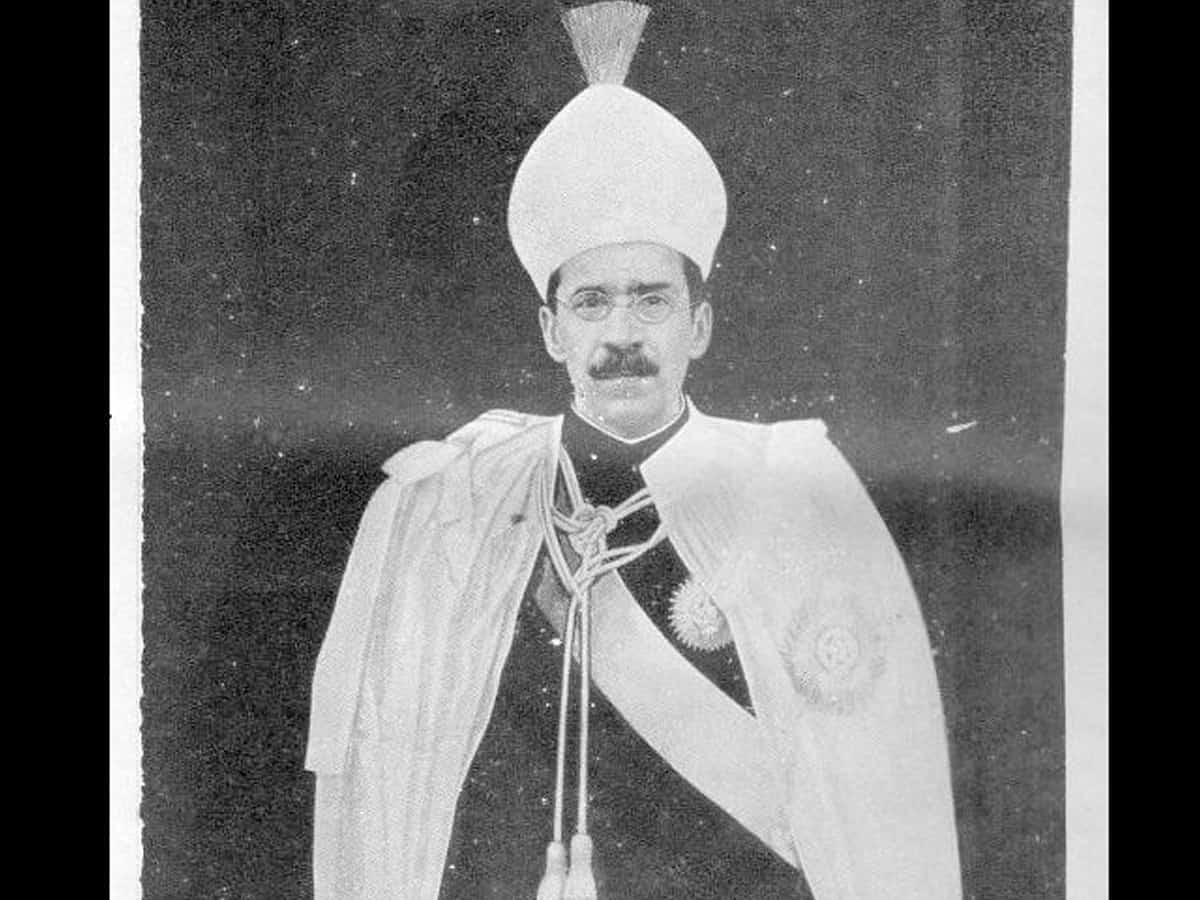HYDERABAD: Indian High Commission in London finally received millions of pounds of the ruler of erstwhile Hyderabad state which have been lying locked up in a London bank in dispute for over seven-decade.
According to Times Of India reports, Indian government officials in London told on Thursday that the UK high commission has received its share now valued around £35 million or Rs 324 crore stuck with NatWest Bank since September 20, 1948.
The officials told TOI that Pakistan also paid India and two princes £2.8 million (Rs 26 crore) as 65% of their legal costs in connection with a case famous as “Hyderabad funds case.”
“The news is that Pakistan has paid up,” an Indian diplomat in London told TOI.
Lawyers representing the titular 8th Nizam also confirmed the same to the newspaper.
India won Nizam case
Following years of legal wrangles, Justice Marcus Smith in October ruled in favour of Nizam’s descendants – Mukarram Jah, the titular eighth Nizam and his younger brother Muffakham Jah.


The court has rejected Pakistan’s claim over the funds deposited in a London Bank during Hyderabad’s accession to India in 1948.
Role of Moin Nawaz Jung
After partition and before the merger of then Hyderabad state with India, Nizam Mir Osman Ali Khan‘s finance minister Moin Nawaz Jung had transferred 10,07,940 pounds sterling and nine shillings in the name of the then Pakistan high commissioner in London H.I. Rahimtoola in the National Westminster Bank, which is now called Royal Bank of Scotland.
The money was transferred without the knowledge of Nizam, who filed a suit.
India raises objection
India raised an objection to the transfer, saying the Nizam was not an independent ruler and prevailed upon the bank to freeze the account.
Since then, the matter was hanging fire.
The Indian government in 2008 decided to pursue an out-of-court settlement with Pakistan and the heirs of the Nizam.
Osman Ali Khan, who was the world’s richest man of his time, died in 1967. The efforts to solve the dispute during his lifetime failed as Pakistan never came forward to help unlock the funds.
However, in 2013, Pakistan waived its sovereign immunity by issuing a claim for the fund. This opened the way for the case.

